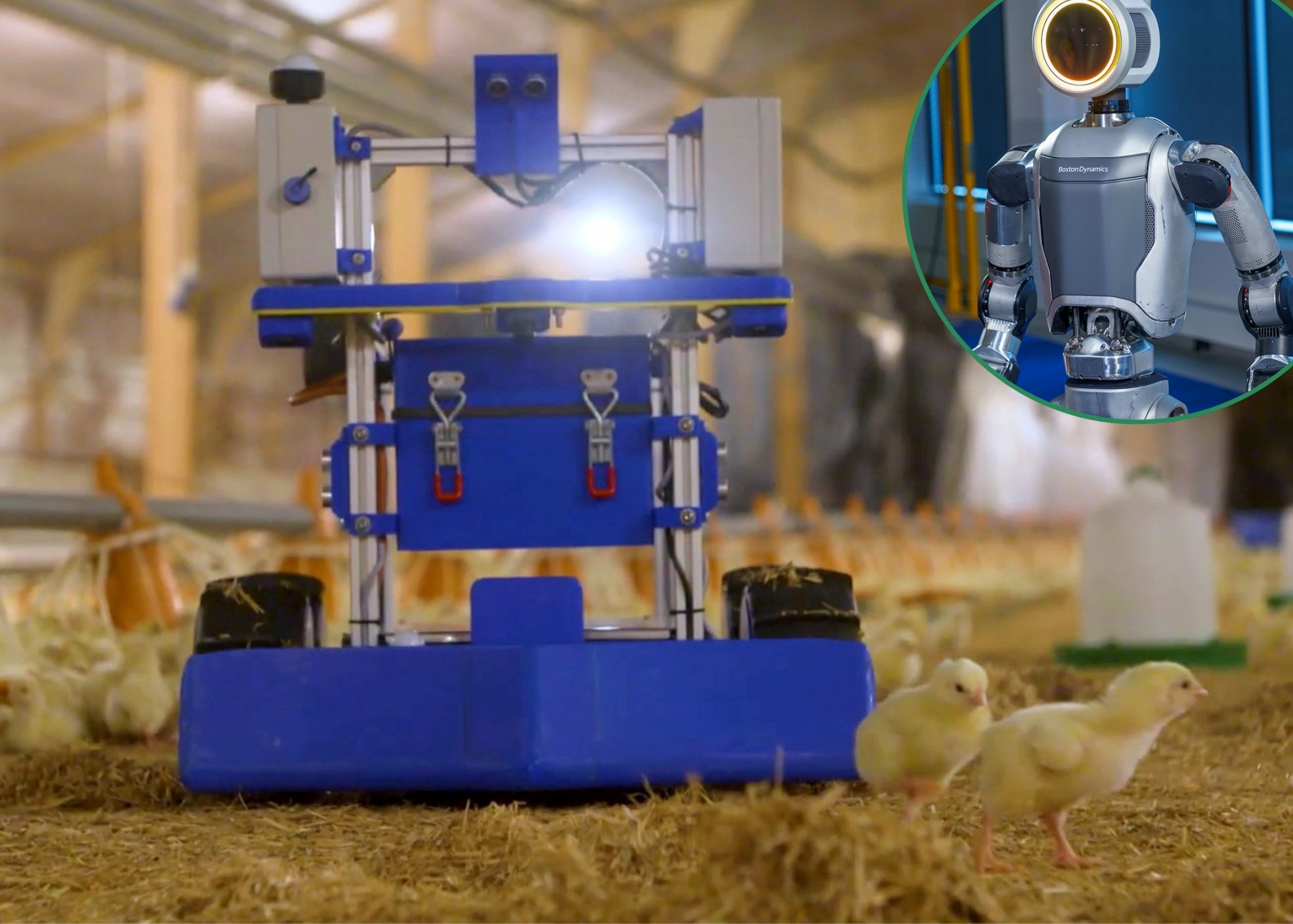News in brief:
– FACCO West Africa urges livestock and poultry businesses to adopt automation to boost productivity and reduce costs.
– Automation is crucial for Nigeria to meet the rising demand for poultry products and achieve food security.
FACCO West Africa has issued a call to action for operators in the livestock and poultry sectors to embrace technology and innovation as a means to enhance productivity and scale their businesses.
The organisation has made significant investments in modern, mechanised farming equipment designed to improve yields across the board, helping farmers and businesses achieve greater efficiency.
Femi Adelayo, Managing Director and CEO of FACCO West Africa Ltd, highlighted the importance of automation in reducing costs associated with feeding, collection, and maintenance in livestock farming in a statement.
“System and equipment automation can also help you profit from operational scale and waste recovery.” he said. In simpler terms, automation helps farmers do more with less, cutting down on waste and optimising resources.
Automation in farming could include using machines and technology to perform tasks that would otherwise require manual labor. This can include automated feeding systems, egg collection, and climate control in poultry houses. By reducing human error and increasing efficiency, automation helps farmers produce more at a lower cost.
The need for automation in Nigeria’s poultry industry
Nigeria, with a population of over 200 million people, faces significant challenges in meeting its nutritional needs. The country’s per capita egg consumption in 2020, for example, was estimated at 78.48 eggs per person annually. This figure pales in comparison to the United States, where the average person consumes 285.50 eggs per year, and South Africa, where the rate is 128.2 eggs per person per year.

Despite these disparity, Nigeria’s egg consumption is projected to reach 600,000 metric tons by 2026, a modest increase of 0.2 percent annually from 596,000 metric tons in 2021. To meet the growing demand for poultry products, experts agree that more poultry businesses must automate their processes. Without this shift, the industry may struggle to keep pace with the needs of the country’s rapidly growing population.
Global trends and local opportunities
Globally, the consumption of poultry and livestock products is expected to double over the next decade. This presents a significant opportunity for Nigerian farmers to expand their operations and increase production. However, achieving this will require investment in modern farming technologies and equipment.
FACCO West Africa Ltd stands out as a leading provider of comprehensive equipment and automation solutions for livestock, poultry, and agriculture production. The company offers a range of products and services, including turnkey solutions for livestock operations, grain storage, mobile grain dryers, and feed milling equipment.
Its focus on quality equipment and sustainable livestock production technology positions it as a key player in transforming the poultry and livestock sectors in Nigeria. By promoting automation and modern farming techniques, the company is helping farmers increase their productivity, reduce costs, and ultimately achieve greater success in their operations.



